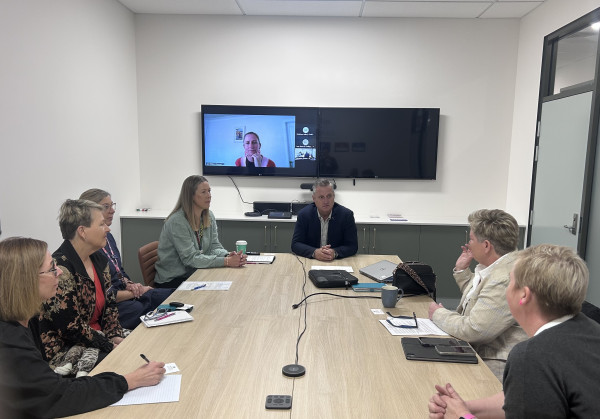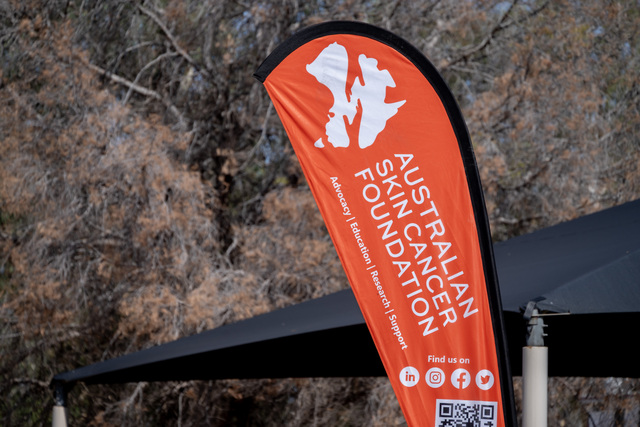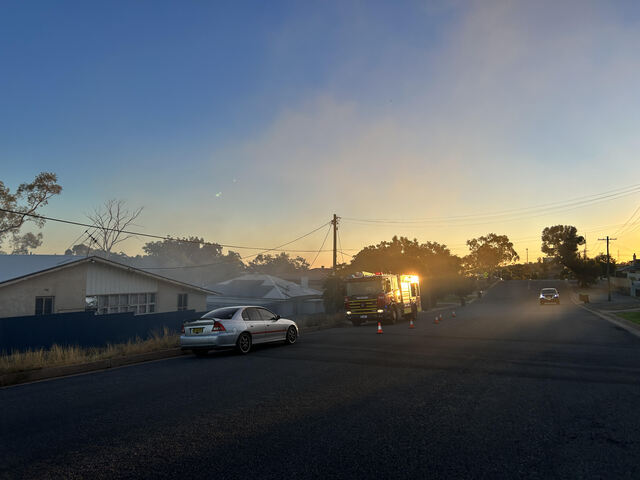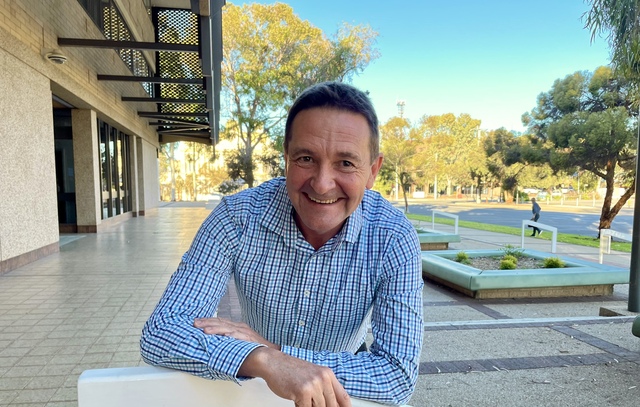PRICING changes to the NDIS are putting regional New South Wales at risk according to the Federal Member for Parkes, but the agency has said a pricing review revealed higher costings.
Member for Parkes, Jamie Chaffey, last week met in Dubbo with concerned NDIS providers to discuss changes to the NDIS Pricing Arrangements and Price Limits 2025–26.
The roundtable discussion was hosted by Marathon Health and included providers and occupational therapists who had contacted Mr Chaffey directly with their concerns with NDIS changes brought in by the Federal Government from July 1.
Of particular concern to participants of the roundtable were significant changes to transport allowance arrangements that had been announced at very short notice.
“It was distressing to hear the catastrophic impact these changes could mean for people who rely on these services to help them in their everyday lives,” Mr Chaffey said.
“While these changes to the transport allowance might not have much impact in metropolitan areas, in regional, rural and remote areas it could be the difference between getting essential assistance in the home and travelling hundreds of miles to a service centre – or not getting care at all.
“We are talking about people with significant challenges trying to find access to a suitable vehicle and taking a round trip that includes fuel costs, potentially accommodation costs, and does not come up with solutions unique to their home or their situation.”
Mr Chaffey said the changes were soon to be implemented despite no consultation with service providers about the impact and consequences of the decision.
A spokeswoman for the National Disability Insurance Agency (NDIA), which runs the NDIS, said a review of prices revealed participants were paying higher prices than what other Australians pay for some therapies.
“Excessive travel claims for therapy-related services drain participants’ plans faster than expected and reduce the amount of support a participant can access,” the spokeswoman said.
“For example, a therapist travelling three hours each way to visit a participant for a one-hour session equated to over $1300 being claimed from a participant’s plan.
“The review found that therapists should not be able to charge the same amount for travel as they do for a session of up to $184 per hour.
“The updated therapy travel claiming rules encourage providers to schedule more efficiently.”
The spokeswoman said travel in remote and very remote areas are not subject to time limit caps.
“Additionally, therapists can still claim a 40 per cent above-rate price for services in remote areas and 50 per cent in very remote areas. On top of this, providers can still claim 99 cents for each kilometre travelled.
“The NDIA encourages participants and their support networks to contact the NDIS who can help to connect with services in their area or identify alternate options should they need.
“Anyone needing assistance to find appropriate supports can call the NDIS on 1800 800 110.”
Further information about the government’s changes is available at: https://www.ndis.gov.au/providers/pricing-arrangements/making-pricing-decisions/annual-pricing-review and https://www.ndis.gov.au/providers/pricing-arrangements.

















